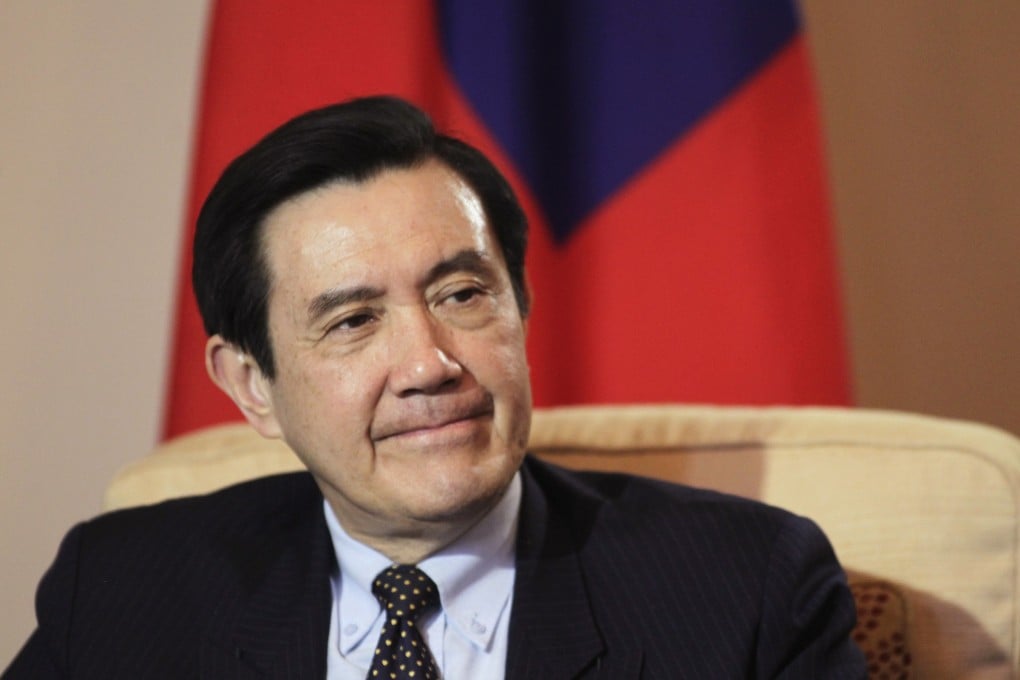Beijing ‘freezes’ cooperation talks with Taiwan over stalled trade pact
Taiwan confirms Beijing freeze on talks while protests delay legislature's ratification of pact

Beijing has held off on further co-operation talks with Taiwan in a sign of growing displeasure over the island's delayed ratification of a services trade agreement signed last June.
Woody Duh, Taiwan's deputy economics minister, confirmed yesterday that since April the mainland had not scheduled any negotiations with Taiwan over a merchandise trade agreement that was supposed to be signed at the end of this year.
"It is not surprising for the mainland to adopt such a 'wait-and-see' attitude" given the delay, Duh conceded at a meeting of the legislature.
The merchandise trade agreement and services trade pact are follow-ups to the Economic Framework Cooperation Agreement - a semi-free trade pact - signed by the two sides in 2010.
Taiwan's legislature was supposed to ratify the services trade pact within six months of its signing last June but demonstrators have objected to the agreement on the grounds that it would lead to serious job losses. They also argue closer ties with Beijing pose a threat to the island's democracy.
Frustrated as it is, the mainland is unlikely to stop talks altogether